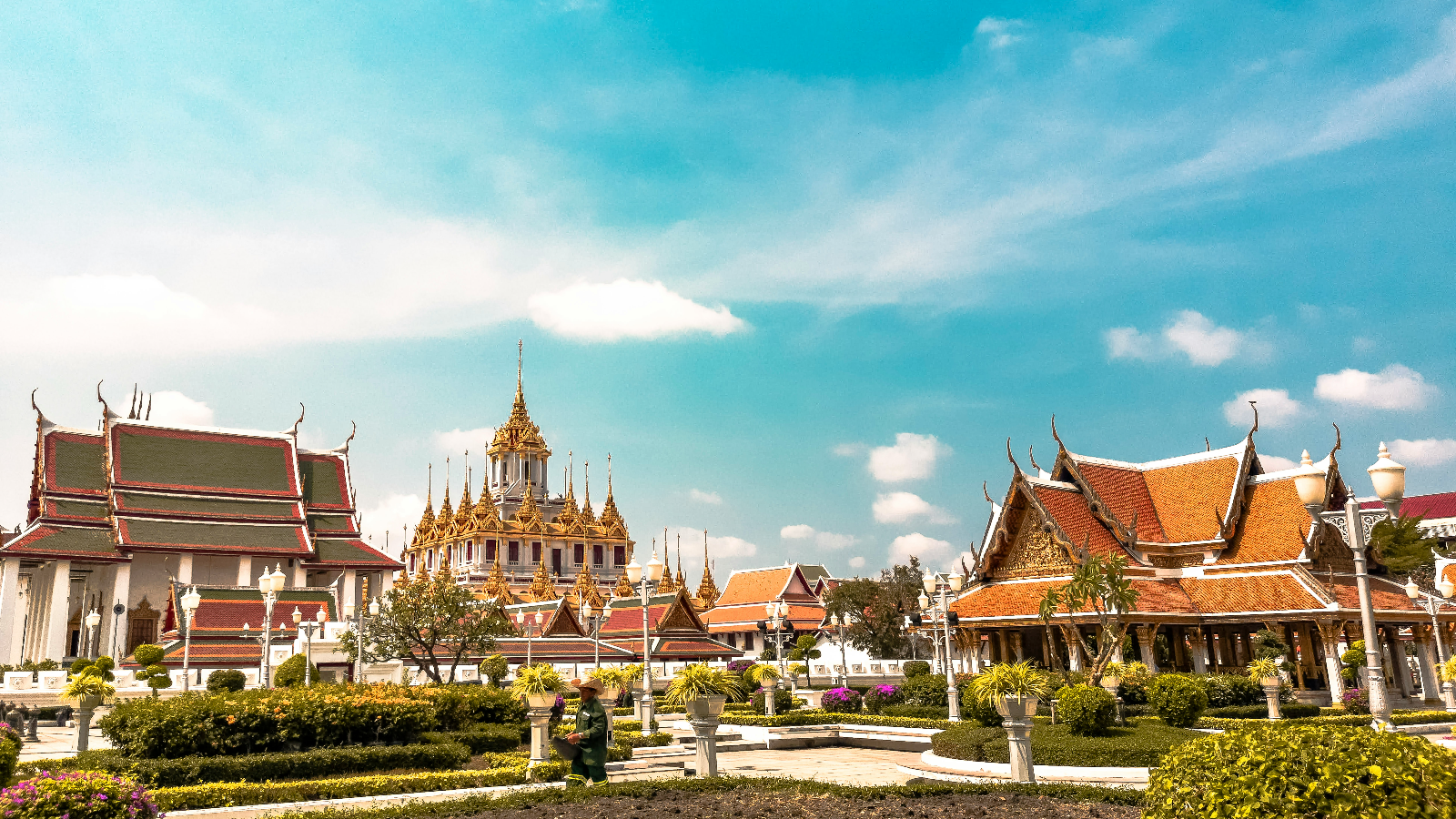In this Article
Introduction
Thailand’s journey towards smart city transformation presents a pivotal moment in urban development, marked by the convergence of technological innovation and sustainable practices. As Thailand embraces the challenge of integrating diverse technologies and managing vast data streams, the pursuit of sustainability emerges as a cornerstone of its smart city initiatives.
Beyond conventional approaches, this article delves into seven innovative strategies poised to redefine urban development in Thailand. These strategies not only address pressing environmental and social challenges but also leverage cultural richness and community resilience to foster a truly sustainable urban landscape.
Strategies for Sustainable Urban Development: Smart City Thailand
1. Adaptive Urban Planning for Climate Resilience
Adopting adaptive urban planning principles is crucial for building climate resilience in Thailand’s smart cities. Integrating climate data and predictive analytics into urban design can help anticipate and mitigate the impacts of climate change. Strategies may include designing resilient infrastructure that can withstand extreme weather events, implementing green roofs and vertical gardens to regulate urban temperatures, and incorporating natural drainage systems to mitigate flooding.
2. Bio-Inspired Design and Biomimicry
Embracing bio-inspired design and biomimicry principles can revolutionize urban sustainability in Thailand. Drawing inspiration from nature’s solutions, cities can develop energy-efficient buildings modeled after termite mounds’ natural ventilation systems or design water management systems inspired by the hydrological cycle. By mimicking nature’s efficiency and resilience, smart cities can minimize environmental impact while optimizing resource use.
3. Cultural Heritage Conservation and Sustainable Tourism
Preserving Thailand’s rich cultural heritage while promoting sustainable tourism is essential for smart city development. Integrating cultural preservation into urban planning can enhance community identity and attract eco-conscious tourists. Strategies may include adaptive reuse of historic buildings for sustainable tourism ventures, promoting eco-friendly tourism practices, and integrating cultural education into smart city initiatives to foster appreciation for local traditions and history.
4. Social Equity and Inclusive Urban Development
Ensuring social equity and inclusivity is integral to sustainable urban development in Thailand’s smart cities. Prioritizing affordable housing initiatives, enhancing access to healthcare and education, and promoting social cohesion through community engagement programs can create more equitable urban environments. Leveraging digital technologies for inclusive governance and citizen participation can empower marginalized communities and ensure that smart city benefits are accessible to all residents.
5. Urban Agriculture and Food Security
Promoting urban agriculture and enhancing food security can mitigate environmental impact while improving public health in smart cities. Implementing rooftop gardens, community-supported agriculture programs, and vertical farming initiatives can reduce food miles, increase access to fresh produce, and foster local food resilience. By integrating agricultural spaces into urban planning, Thailand can promote sustainable food production and mitigate urban heat island effects.
6. Blue-Green Infrastructure for Water Management
Implementing blue-green infrastructure strategies can revolutionize water management in Thailand’s smart cities. Incorporating green roofs, permeable pavements, and rain gardens can absorb and filter rainwater, reducing runoff and alleviating strain on urban drainage systems. Coupled with smart water metering and real-time monitoring technologies, blue-green infrastructure can enhance water efficiency, improve water quality, and mitigate flood risks in urban areas.
7. Circular Economy Innovation Hubs
Establishing circular economy innovation hubs can drive economic growth while promoting resource conservation in smart cities. Creating collaborative spaces for recycling startups, encouraging product lifecycle extension through repair cafes and sharing platforms, and incentivizing businesses to adopt cradle-to-cradle production models can foster a circular economy ecosystem. By nurturing innovation in waste reduction and resource recovery, Thailand can create new economic opportunities while minimizing its environmental footprint.
Conclusion
Innovative strategies for sustainable urban development: Smart City in Thailand highlight the intersection of technological advancement, cultural preservation, and social equity. By embracing adaptive urban planning, bio-inspired design, and circular economy principles, Thailand can pave the way toward a resilient and inclusive urban future.
These approaches not only mitigate environmental impacts but also enhance community well-being and economic vitality. As Thailand continues its smart city journey, integrating these unconventional strategies will be crucial in building cities that are both sustainable and thriving.
How Can We Help?
Discover how the AlphaX ecosystem can support the implementation of these innovative strategies and address the challenges of smart city development in Thailand. Our integrated solutions include advanced IoT technologies for resource management, customized urban planning tools for climate resilience, and community engagement platforms for inclusive governance. By leveraging our expertise in sustainable technologies and collaborative partnerships, we empower cities to achieve their sustainability goals effectively. Contact us to explore how AlphaX can partner with you in building a sustainable future for a Smart City in Thailand.
References
Related Blog Posts
How Smart Cities Connect: Getting Started with Edge AI and IoT Technology
How to Get Started with Edge AI and IoT Technologies in Smart Cities: Overcoming Integration Challenges In recent years, the concept of smart cities has evolved from a futuristic Read More
5 Step Strategy: Ensuring Security and Privacy in 15-Minute Smart Cities
Introduction Ensuring security and privacy in 15-minute smart cities is a critical challenge as urban areas become increasingly connected through IoT and edge AI technologies. These cities aim to Read More
What is a smart city and the challenge of legacy systems
How to Get Started with Integrating Legacy Systems in Smart Cities Smart cities are transforming urban landscapes by leveraging technology to improve the quality of life for residents. However, Read More




